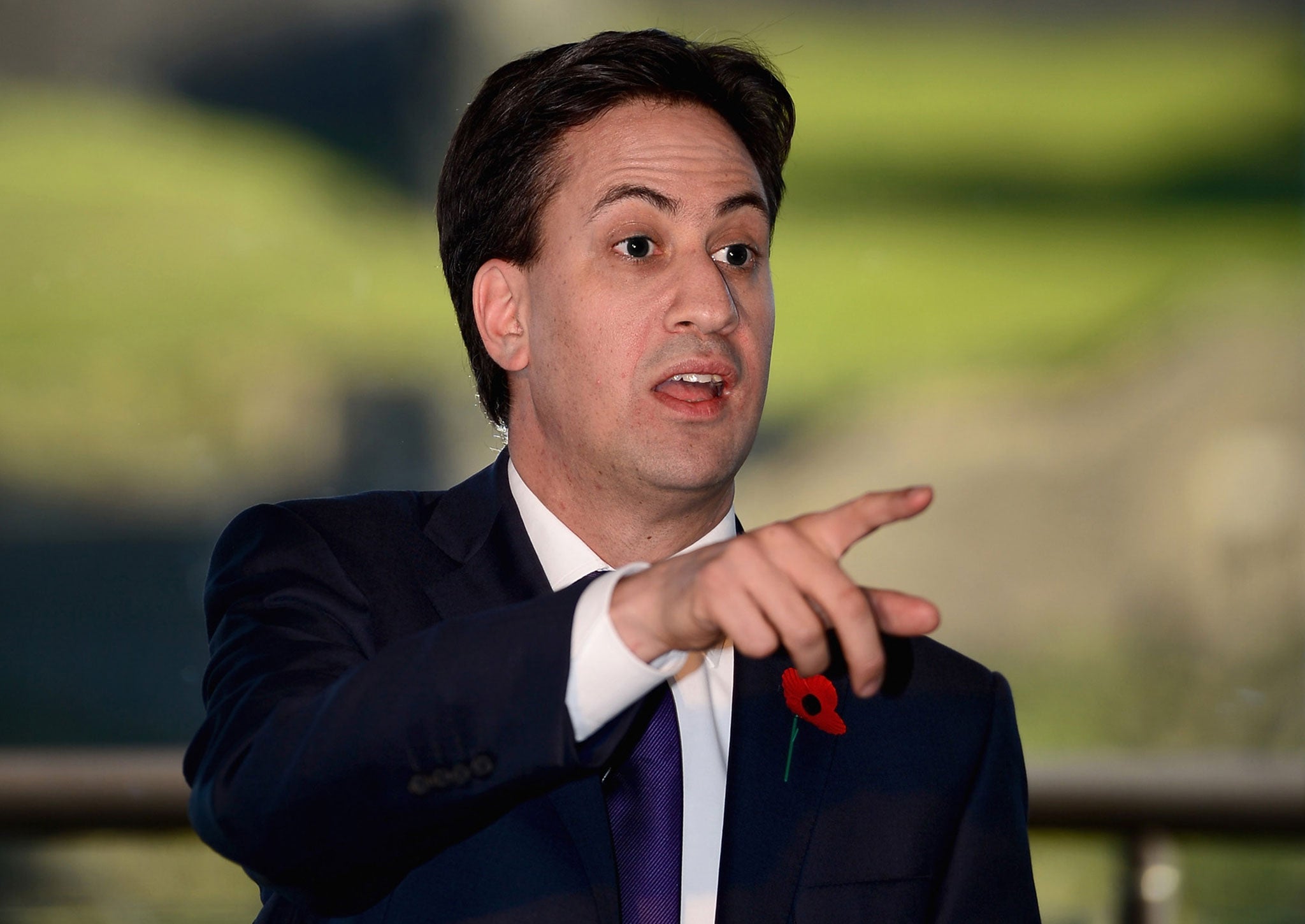After Falkirk, the pretence of trade-union democracy is coming to an end
Miliband seemed to take the allegations as a personal affront


When Ed Miliband found out what was going on in Falkirk Labour Party, I am told, he was “storming”. He said it was “outrageous”, and had to be dissuaded by his advisers from immediately going public and condemning Unite, the trade union, for trying to fix the selection of the parliamentary candidate there.
Which was endearingly naive of him - or calculatingly disingenuous. When the allegations of union interference in the selection first surfaced, I thought little of them. Falkirk is a safe Labour seat. The party’s selection of its candidate is, in effect, the general election in that seat. That is why these decisions are so hard-fought, regardless of party. That is why the internal Tory strife in the de-selections of Anne McIntosh and Tim Yeo has been so intense.
The signing up of new members is what candidates who are serious about getting selected have to do. It helps if they have networks of supporters to help them, whether they are trade unions, churches or local publicans. And it is to be expected that, with the stakes so high, the rules will be stretched or broken.
What was surprising about Miliband’s reaction to procedural irregularities in Falkirk was that, as well as sending in national officials to investigate the allegations, which is standard, he seemed to take it as a personal affront, an insult to democracy and a national emergency.
Today, the report compiled by Labour’s national officials has finally been published. This has long been “suppressed” - that is, not published - which has allowed both the Conservative Party and Len McCluskey, the innocence-protesting general secretary of Unite, to claim that Miliband’s minions are up to no good. The truth is much less interesting, as usual, which is that the report has a lot of private individuals’ names in it (many of them censored in the version now public) and all the main allegations have been reported by journalists already.
Specifically, the report says: “There is written evidence that at least eight persons did not know what they were signing when they were 'recruited'.” And: “There is written evidence that one person believes they were pressured into signing a direct debit mandate.”
Well, sit down and put a shot of brandy in that cup of tea. What usually happens in these situations is that those members would be taken off the list and the selection run without them. Any candidate involved might be excluded. Which is what happened in Falkirk, and Karen Whitefield has now been chosen as Labour’s candidate for next year’s general election.
Meanwhile, however, Miliband used the Falkirk stramash as the cause, or the excuse, to rewrite the rules governing Labour’s relations with the unions. Whether his outrage at Unite’s sharp practice was synthetic or not, what he proposes at next month’s special party conference is brave and right. He was elected Labour leader by union bosses bending the rules in his favour - sending out “Vote Ed” flyers with the ballot papers and denying access to their membership lists to other candidates - but now he is prepared to do the right thing and change the rules for his successor.
These are important reforms. The pretence of trade-union democracy within the Labour Party - that union officials at party conference or on party committees represent what their members want - is now, at last, coming to an end. Labour is moving, gradually, to a direct relationship with trade union members rather than relying on cheques from union bosses.
The paradox is that this has nothing to do with Falkirk. Union officials have had no role in Labour candidate selections since John Smith’s reform of 1993. No role, that is, except to try to recruit people into the Labour Party, which, as long as it does not include signing people up without their knowledge, everyone agrees is a good thing.
Join our commenting forum
Join thought-provoking conversations, follow other Independent readers and see their replies
Comments